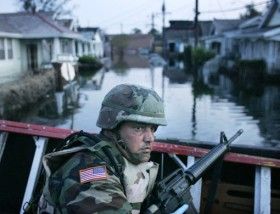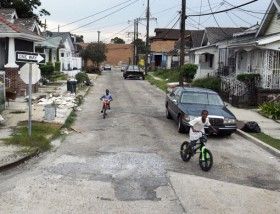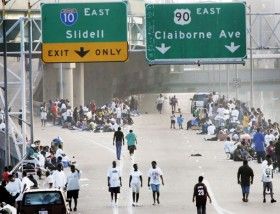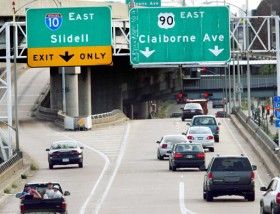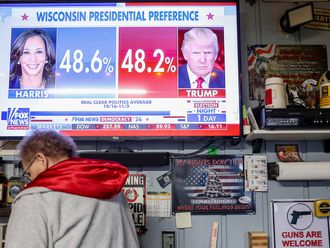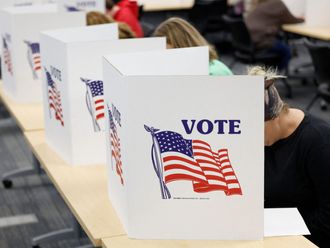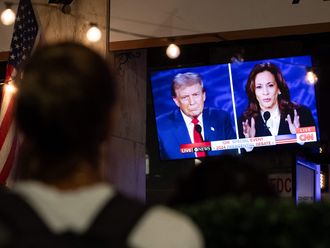Kennebunkport, Maine: Nearly a year after Hurricane Katrina created a humanitarian and political crisis, President George W. Bush yesterday said the storm showed the government was unprepared to respond to a disaster of that magnitude and revealed "deep-seated poverty" in America.
Political fallout from the hurricane, which killed more than 1,000 people and displaced thousands, was severe for Bush last year, sending his public opinion ratings to new lows amid widespread criticism the government's response had been too slow.
He returns next week to the scene of one of the worst natural disasters in American history to meet with local residents and officials to review progress in rebuilding New Orleans and communities along the Gulf Coast that were flooded and destroyed.
His trip to Louisiana and Mississippi comes as the election season heats up with Democrats trying to seize control of Congress from the president's Republican Party in November congressional elections.
"One year after the storms, the Gulf Coast continues down the long road to recovery. In Mississippi and Louisiana, we can see many encouraging signs of recovery and renewal, and many reminders that hard work still lies ahead," Bush said. "We will stay until the job is done," he pledged in his weekly radio address from Maine, where he was visiting family.
Some critics have charged the government's slow response to the hurricane was due to racism because the areas hit were largely poor and black, an accusation that administration officials have strongly denied.
"Unfortunately, Katrina also revealed that federal, state, and local governments were unprepared to respond to such an extraordinary disaster," Bush said. "And the floodwaters exposed a deep-seated poverty that has cut people off from the opportunities of our country."


